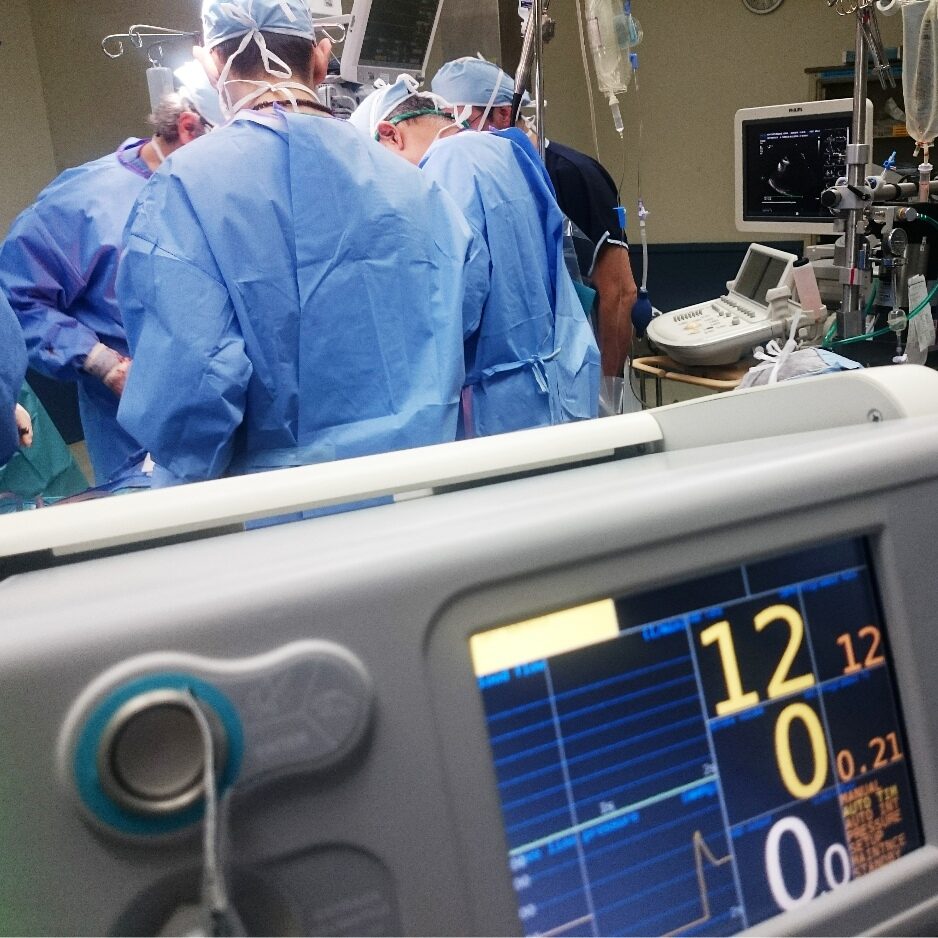Bariatric surgery, also referred to as weight loss surgery and metabolic surgery, is a treatment option for people with severe obesity. Bariatric surgery should be seen as part of a comprehensive approach, which includes lifestyle management.
How surgery works
Most weight loss surgeries are performed using minimally invasive techniques (laparoscopic surgery).
The most common bariatric surgery procedures performed in the UK and worldwide are the gastric bypass and the sleeve gastrectomy. Other less common procedures include adjustable gastric band, one-anastomosis gastric bypass and biliopancreatic diversion with duodenal switch.
Bariatric procedures were initially designed to cause weight loss by restricting the amount of food that can be eaten and/or by causing malabsorption, which means that food passes through the gut without being absorbed properly. However, we now know that gastric bypass and sleeve gastrectomy work mainly by altering signals that come from the gut, which in turn control appetite, a person’s interest in food, taste and blood sugar. These changes in gut signals overcome/ trick the body’s fat defense mechanisms that normally make sustained weight loss difficult.
Bariatric surgery leads to changes in signals from the gut, including increasing appetite suppressing signals (peptide YY and glucagon-like peptide-1) and reducing appetite stimulating signals (ghrelin).



Weight management after surgery
The amount of weight that a person loses after surgery is variable with some people losing <10% of their initial body weight and other people losing too much weight.
Post-surgery behavioural, nutritional and physical exercise changes are important and but research studies show that a person’s genes also play a key role. It is important to remember that obesity is a progressive condition and with time additional treatments may be required.
Surgical options
There are various surgical options to choose from when considering bariatric surgery. If you are considering surgery you will need to discuss the risks and benefits of surgery with your surgical team.
Surgical options:
